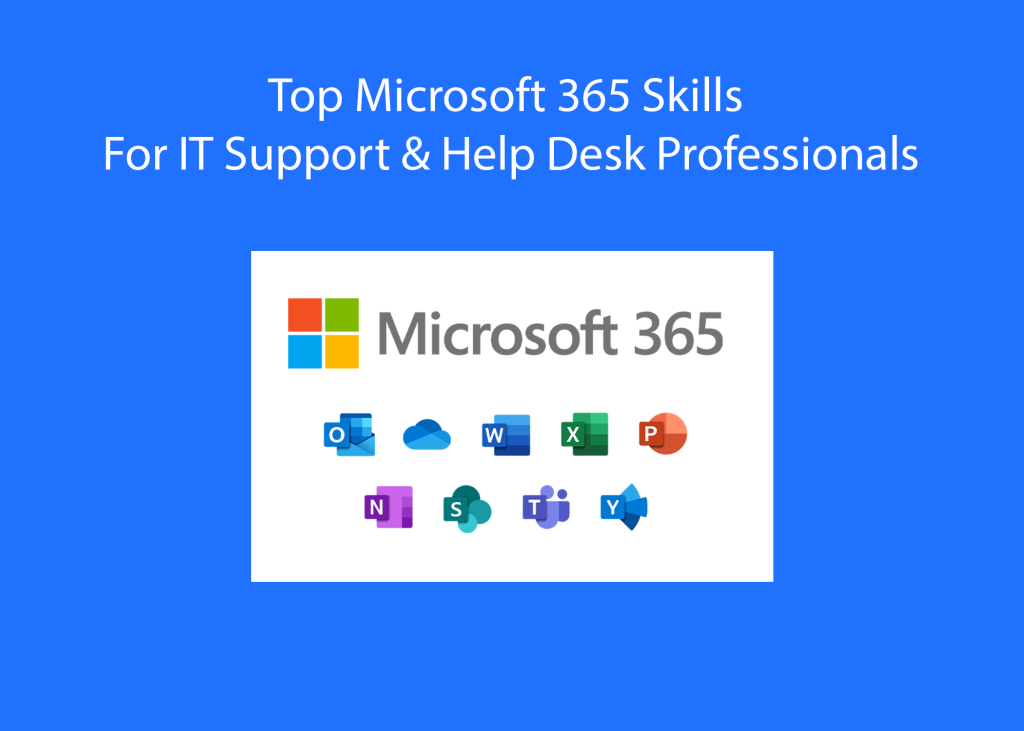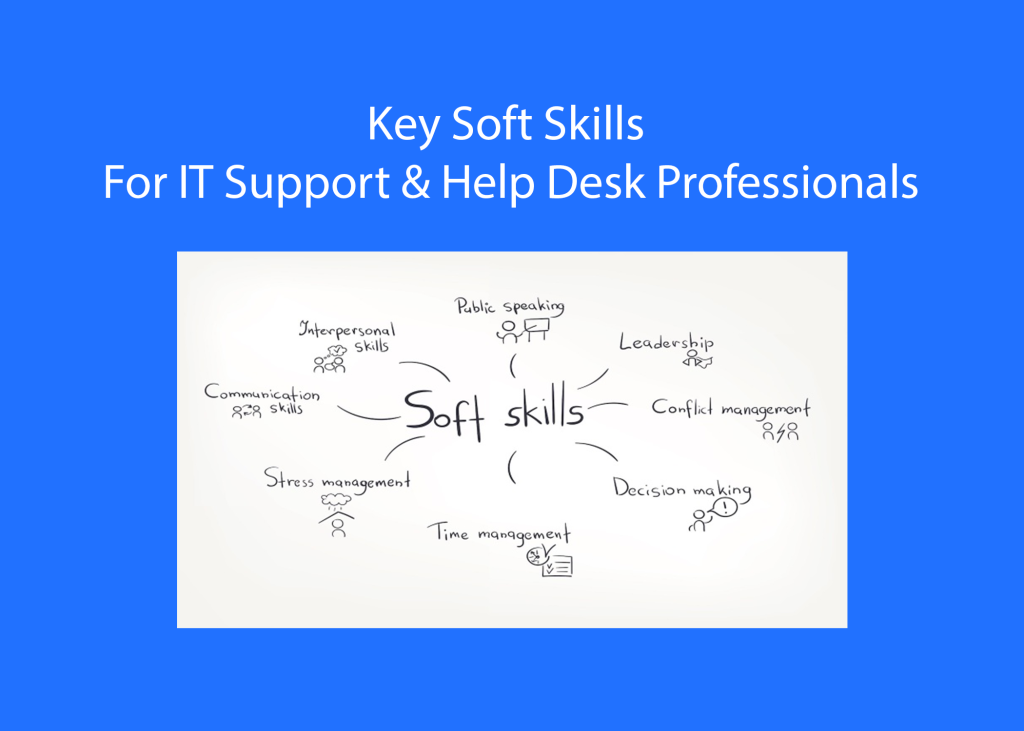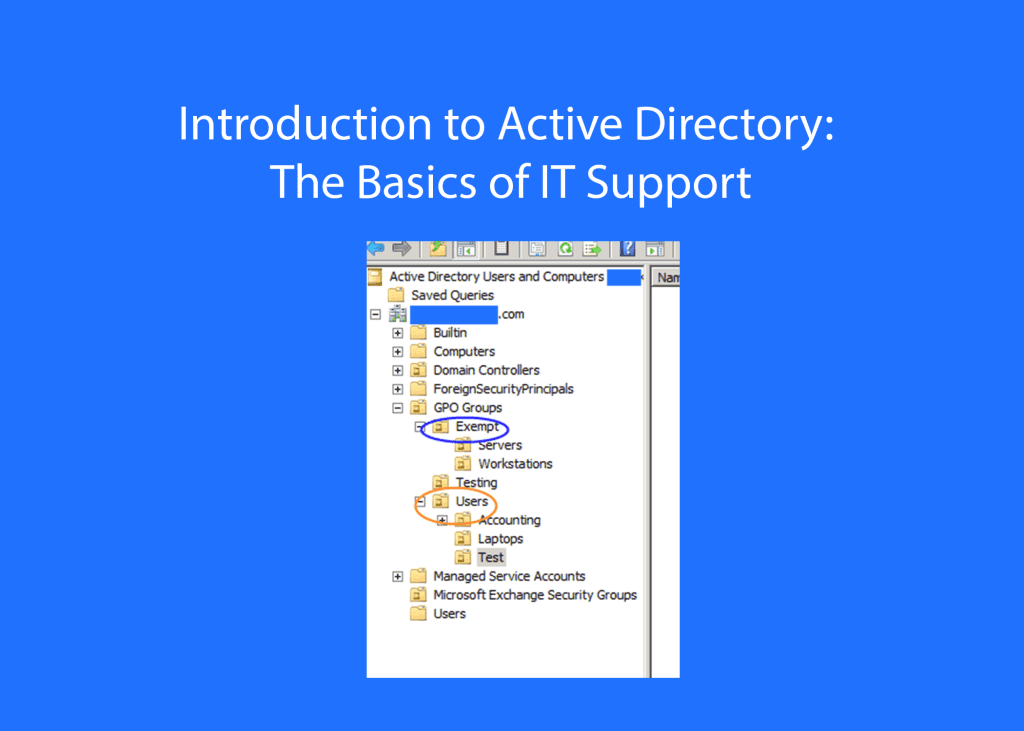In the contemporary digital landscape, Microsoft 365 stands out as a pivotal tool that enhances both productivity and collaboration across various organizational settings. For IT support and help desk professionals, having a thorough understanding of Microsoft 365 skills is not just beneficial but indispensable. This guide delves into the core technical skills required for IT support roles, emphasizing user support and troubleshooting rather than administrative duties.
Understanding the Fundamentals of Microsoft 365
Before delving into specific technical skills, it is essential to grasp the fundamental concepts of Microsoft 365. This suite encompasses a wide range of cloud-based applications and services, including well-known tools like Word, Excel, PowerPoint, Outlook, OneDrive, SharePoint, and Teams. For IT support professionals, familiarity with these tools and their basic functionalities is critical. This foundational knowledge enables you to provide effective assistance to users, ensuring they can leverage the full potential of Microsoft 365’s offerings.
Managing User Accounts and Passwords
Password Resets and Account Recovery
Password-related issues are among the most common problems users encounter. As an IT support professional, proficiency in handling these issues is crucial:
- Resetting Passwords: Use tools such as the Microsoft 365 Admin Center or the Azure Active Directory (AD) portal to reset user passwords when they forget them. Be prepared to guide users through the process of resetting their passwords if they attempt to do so independently.
- Account Recovery: Assist users who are locked out of their accounts due to security concerns. This process may involve verifying their identity and guiding them through the necessary recovery steps to regain access.
Resolving User Access Issues
Users may occasionally face difficulties accessing their accounts or specific Microsoft 365 services. To address these issues effectively:
- Verify Account Status: Check the user’s account status to ensure it is active and that they possess the required permissions to access the necessary services.
- License Assignment: Confirm that the user has the appropriate license for the services they need. This may involve collaborating with an admin to adjust or reassign licenses based on the user’s requirements.
Troubleshooting Microsoft 365 Applications
Outlook Issues
Outlook is a vital application for many users, and common issues you may encounter include:
- Email Delivery Problems: Help users troubleshoot problems with sending or receiving emails. This may involve checking mailbox size limits, reviewing filtering rules, or examining connection settings to identify and resolve issues.
- Application Performance: Address performance issues such as slow application response times or crashes. Ensure that users have installed the latest updates and assist them in clearing their cache or rebuilding their Outlook profile if necessary.
Teams Problems
Microsoft Teams is a key tool for collaboration, and typical issues include:
- Login Issues: Assist users with login problems by verifying their credentials and checking for any service outages that may be affecting access.
- Audio/Video Problems: Troubleshoot issues with audio or video during Teams meetings. This could involve checking the user’s device settings, network connections, or permissions within the Teams application to resolve the issue.
Managing OneDrive for Business
OneDrive for Business is Microsoft’s cloud storage solution, and users may encounter issues related to file synchronization and sharing:
- Syncing Issues: Help users resolve problems with file synchronization between their devices and OneDrive. This might include checking for sync errors, ensuring the OneDrive client is up to date, or verifying network connectivity to address and rectify synchronization issues.
- File Sharing: Assist users in managing file sharing settings to ensure they can share documents with colleagues or external parties as needed. Provide guidance on how to set sharing permissions and troubleshoot any issues related to file sharing.
Support for SharePoint
SharePoint is utilized for document management and team collaboration. IT support professionals should be adept at:
- Access Issues: Help users who have trouble accessing SharePoint sites or documents. Verify their permissions and ensure they are using the correct URLs or links to access the necessary content.
- Document Management: Assist users with basic document management tasks such as uploading files, creating new documents, and organizing content within SharePoint libraries. Ensure that users understand how to manage their documents and collaborate effectively within SharePoint.
Security and Compliance Awareness
While IT support professionals may not directly manage security settings, understanding basic security protocols is crucial:
- Multi-Factor Authentication (MFA): Educate users on how to set up and utilize Multi-Factor Authentication (MFA). Assist with MFA setup issues and help users understand the importance of this additional layer of security in protecting their accounts.
- Phishing and Security Awareness: Help users recognize phishing attempts and suspicious emails. Provide guidance on reporting such emails and maintaining good security practices to prevent breaches and ensure a secure working environment.
Conclusion
For IT support professionals, mastering essential technical skills related to Microsoft 365 is fundamental for delivering efficient and effective support. By gaining a comprehensive understanding of user account management, troubleshooting common application issues, and maintaining clear communication, you can significantly enhance the productivity and experience of Microsoft 365 users. Developing expertise in these areas will enable you to tackle a wide range of challenges that arise in a Microsoft 365 environment, ultimately contributing to a more seamless and efficient workplace. As you continue to build your skills and knowledge, you will be better equipped to handle the evolving demands of IT support and help desk roles.




